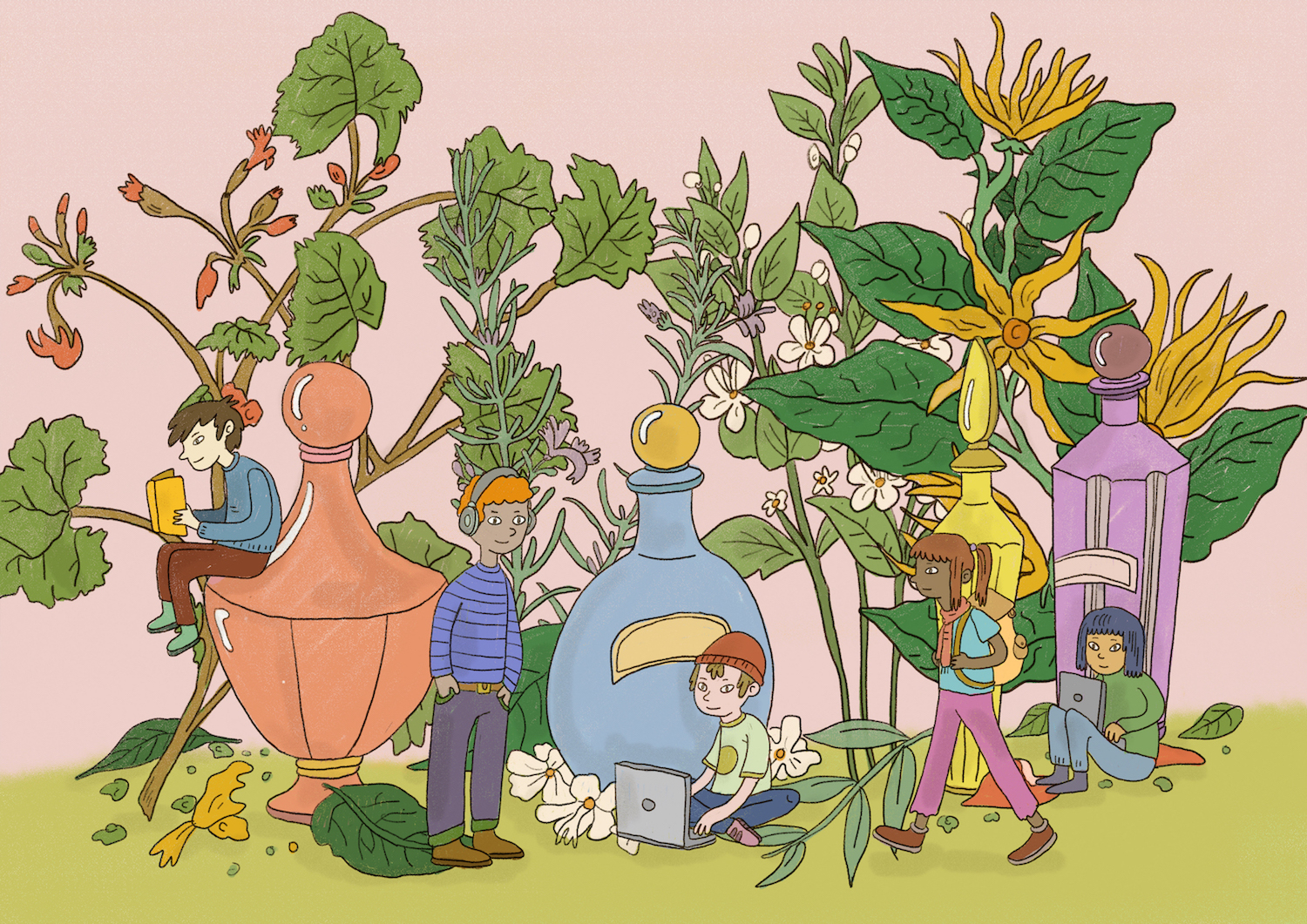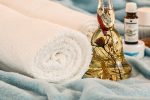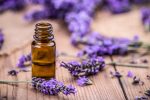Oftentimes, people turn to medicine when they are in pain or feeling sick, tired or restless. While medicine is usually an effective treatment for these ailments, there are alternatives that seem to work and might be cheaper. One alternative is aromatherapy with essential oils, which might help with conditions that medicine can’t cure, such as stress.
Essential oils hold the essence of a plant, that is, their scent and flavor. Aromatic chemicals are extracted from a variety of plants and then added into a carrier oil, a pant-based oil that dilutes essential oils, such as coconut oil.
Research on the effectiveness of essential oil aromatherapy has mixed results, but much of the evidence suggests it makes a difference. You might even be able to enhance your college experience by using essential oils. At the very least, it won’t hurt to try, and it smells great.
If you want to give essential oils a shot before you pop a pill, here are the top five you should try, along with their benefits.
1. Bergamot (for stress and anxiety)
You might recognize the scent bergamot, because it’s actually what gives Earl Grey tea its scent. The essential oil comes from the rind of an orange. Bergamot is believed to be useful in stress reduction because its flavonoids act as relaxants for nerves and nervous tension. In turn, it will help lower anxiety levels and hopefully lessen the physical effects of anxiety, such as high blood pressure.
A 2011 study that used essential oil massage techniques found that people who had been exposed to bergamot rated themselves as more relaxed than the people who had no exposure. Another study had similar findings, concluding that bergamot helped to reduce negative emotions and lowered some measures of stress hormones in the body.
Bergamot aromatherapy is an empirically supported way of reducing feelings of anxiety and stress, something that college gives you too much of. So, trying this essential oil out could be very beneficial to your mental health and possibly your college experience.
2. Lavender (for a better night’s sleep)
Lavender is probably the most popular essential oil out there, likely because of its lovely, floral smell and the numerous issues that the oil is supposed to help with. Lavender essential oil is best known for its calming effects, which makes it a wonderful sleep aid.
Studies have shown that lavender is an effective sleep aid for college students. Students who used lavender in aromatherapy reported sleeping better, waking up feeling more refreshed and having more daytime energy. This essential oil could give you more energy in the long run and won’t come with the crash of caffeine. It also won’t come with the negative side effects of over-the-counter sleep aids.
3. Peppermint (for focusing)
You might try turning to peppermint oil instead of coffee next time you’re in need of an energy boost. Peppermint essential oil is already used in medicine to treat irritable bowel syndrome and help with headaches, but it can do more than just that.
Research by the Wheeling Jesuit University suggests that using peppermint essential oil in aromatherapy improves memory, reasoning skills, concept formation and attention span. All of these elements are major contributors to your ability to focus and perform well academically. That being said, peppermint can also be used as a quick pick-me-up when you are feeling sleepy.
4. Ginger (for hangovers)
Hangovers can leave you feeling pretty helpless, especially if you’ve done all of the hangover-cure essentials, such as resting, hydrating and taking medicine, and you still feel awful. This is when essential oils can come into play to help you get over the hangover hump.
Ginger has been used medicinally for thousands of years because of its health benefits. The best way to get the benefits of ginger is through ginger essential oil because it has a higher concentration of gingerol, the main chemical in ginger. Ginger essential oil is best known for its nausea-reducing properties. It is often used by pregnant women and chemotherapy patients because of how effective it is at reducing feelings of nausea.
In addition to being a nausea remedy, ginger essential oil is also supposed to help with headaches and alertness and could therefore be a critical step in your hangover-curing routine.
5. Ylang ylang (for depressed mood)
Ylang ylang is a fairly new essential oil and comes from a tree found in the rainforest. It is well known for helping with clinical depression and its symptoms. Studies support the idea that using ylang ylang essential oil in aromatherapy helps improve a depressed mood by relaxing the body — similar to bergamot — and promoting positive feelings.
The essential oil also serves as an aphrodisiac and can effectively combat against low sex drive, another major symptom of depression or the heavy workload college students often experience.
Whether you’re suffering from clinical depression, a nervous breakdown, acute depression or you’re just feeling low, ylang ylang oil could be helpful.
How to Use Essential Oils
You can use all of these essential oils in a variety of ways, and you can also combine different oils to get the maximum effects. One of the most popular ways to use essential oils is with a diffuser, which will fill your room with the scent of the oils, much like candles do but more therapeutic. Oil diffusers are usually $10 and up.
Aromatherapists recommend smelling the essential oils straight from the bottle because it gives you the effects faster. You can also do this by putting a few drops of the oil on a cloth. If you’d like to use the essential oils on your skin, you can mix the essential oil or oils of your choice with a carrier oil to prevent skin irritation.
Another way to use essential oils topically is by putting them, mixed with a carrier oil, into a roller-ball bottle and applying it to the desired area. You can use this method with peppermint to help you stay awake during a boring class.
Essential oils do affect everyone differently, so you should see which ones work the best for you. Hopefully these natural remedies help enhance your well-being and your college experience. Happy smelling!













